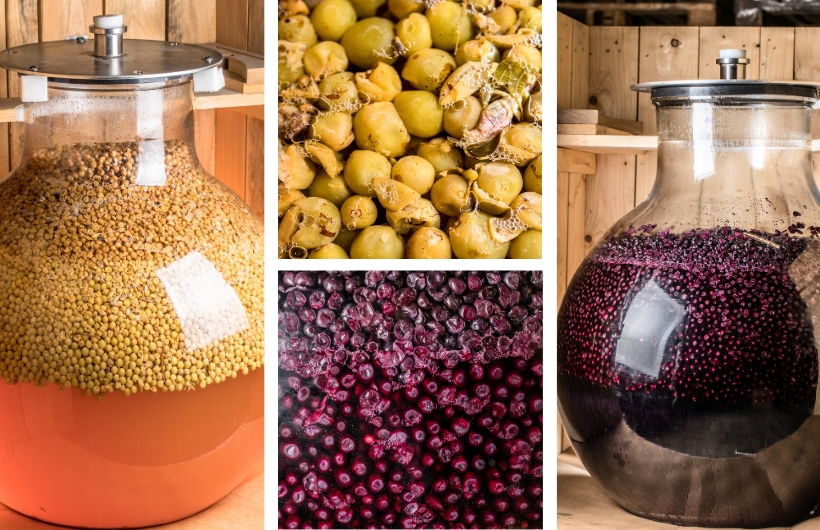Glass, being a perfectly neutral medium, is an ideal material. Sometimes criticized for its carbon footprint in transport (a glass bottle is indeed heavier than a plastic bottle or an aluminum can), it remains the best choice of material in many respects.
Indeed, plastic is much more harmful in both the short and long term: the linings of the tanks can release certain elements (phthalates) that are toxic to the body, and plastic recycling, unfortunately, often ends up in the oceans...
With the argument of "sustainability" - durable and environmentally friendly - the weight of the bottles is called out, and people sometimes even ask us to go back to using plastic! This is absurd... Glass remains the best possible material for sustainable development and for the protection of the fruit during the vinification and maturation process.
Present everywhere in the winery, winemakers very often use glass - and so do I- just as much as wood. The Wine Globe, a 220L glass container, reflects these advantages. Preserved from reduction, with a natural oxidation without oxygen, and no evaporation over time, the wine thus expresses more of its fruit and freshness; another advantage is that it requires less sulfite, is easier to clean (and therefore requires less water), and has zero porosity, making it unalterable over time.

My new and future cellar project supports the use of glass entirely. We must react rapidly and strongly! On the superbly fruity profiles, the barrel is out of date, and concrete alters the taste. Glass allows us to be closer to the grape, restoring all the original qualities of the fruit.
In this insatiable quest for purity, freshness, and identity, glass seems one step ahead!